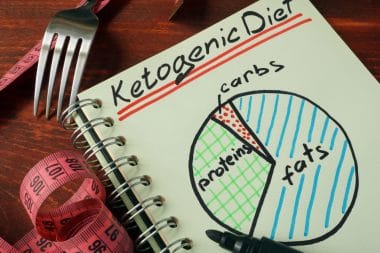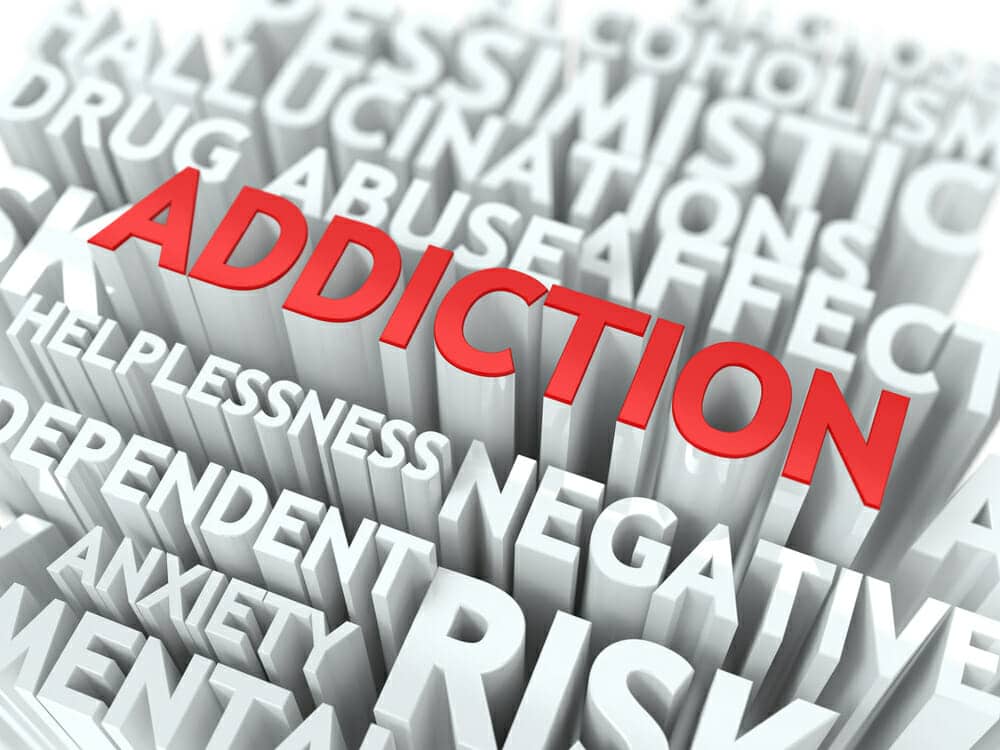Our attraction to diet fads is making some manufacturers very rich. Gluten-free diet is taking over the world and is now worth, according to the Euromonitor International, whooping $3.5 billion and is still growing. It is not difficult to explain: on one hand, more Americans are now diagnosed with celiac disease, which was for a long time considered rare. On the other hand, three quarters of Americans, who are obese or overweight, are looking for any shortcut to losing weight. But, while it is true that gluten causes a range of health issues in some people, it is an important protein. Many researchers believe that eliminating it unnecessarily from the diet can cause some nutritional deficiencies, without actually solving any problem.
What is gluten?
Gluten is a protein consisting of two other proteins: gliadin and glutenin. It is the main part of the seeds of three major cereals: wheat, barley and rye. Gluten is the ingredient that makes baked goods fluffy and chewy and helps them rise. Unfortunately, fairly large number of people has severe reaction to gluten. Some have allergic reaction that can lead to anaphylactic shock and can be fatal. Others have violent immune reaction in their small intestines. A large number of people are sensitive to foods with gluten. All these types of reaction to gluten have been investigated in the comprehensive study published recently in BMC Medical Journal. This study attempted to classify and explain different health issues caused by gluten, in order to help average consumers, as well as medical practitioners, to cope with very diverse symptoms and reactions to this common protein.
It is not difficult to replace wheat, rye and barley with other grains which do not contain gluten. The big problem is that gluten is added to many food items as a thickener, to add body or to aid conservation. It is also part of some cosmetics and even medicines. That means that eliminating gluten from our nutrition is not as straightforward as skipping breads and rolls.
Celiac disease
Celiac disease, also known as gluten intolerance, sprue, or gluten-sensitive enteropathy is a chronic autoimmune disorder of the lining of the small intestine. In person with celiac, gluten causes his or her immune system to attack the small intestine. Damaged intestine lining is unable to absorb nutrients from food, causing serious malnutrition. Undiagnosed celiac disease can cause osteoporosis, infertility, various neurological conditions and cancer.
According to the information from the Celiac Disease Center of the University of Chicago, there are about three million Americans who are diagnosed with celiac disease. Scientists believe that the number of people with celiac is much bigger, because the disease is so difficult to diagnose. In average, it takes about four years to have diagnosis, from the moment a person starts having symptoms.
One of the big reasons why it is so difficult to diagnose celiac disease is that the diversity of symptoms in different people. Some people have constipation, others diarrhea. Some people do not have any symptoms. In some people, the symptoms affect digestive system. In others, symptoms vary from nausea, unexplained weight loss, fatigue, anxiety, depression, to lack of energy.
At this time, the only treatment for celiac is gluten-free diet. Gluten-free diet very quickly eliminates the symptoms, but also slowly repairs the damage to the small intestines.
There is an ongoing promising research on the development of a vaccine, which would allow people with celiac to eat food with gluten without consequences. It will act on the same principle as a pill with enzyme lactase that people with lactose intolerance now commonly use. Some manufacturers are already working on clinical trials.
Other problems with gluten
There is a range of other health issues caused by gluten. The most common are gluten ataxia, gluten allergy and gluten sensitivity.
Gluten ataxia is another autoimmune disease. When people with gluten ataxia eat food with gluten, the antibodies in their system react by attacking cerebellum, the portion of the brain in charge of motor control, muscle tone and balance. If undiagnosed and untreated, the disease causes irreversible brain damage and very serious problems with motor control and balance.
Gluten sensitivity was, until recently, not considered a ‘real’ disease. But, doctors are finding that a significant number of people are complaining to similar reaction to gluten as people with celiac disease, but the tests show conclusively that they do not have celiac. The research shows that gluten sensitivity is neither an immune disorder, nor allergic reaction. The tests do not show presence of anti-tTG autoantibodies, as with people with celiac disease, and the small intestines are undamaged. However, people suffer symptoms similar to those of celiac.
While some people with gluten sensitivity have digestive problems, others complain of chronic fatigue, muscle cramps, joint pain, leg numbness, weight loss, behavioral changes and other health issues. The variety of symptoms and lack of any diagnostic tools make this condition very difficult to diagnose. It is important to eliminate other causes, but gluten-free diet very quickly improves the condition.
Wheat allergy is more common in children than in adults. Wheat is one of the most common allergens. It can be caused not only by ingesting wheat, but by touching it or breathing wheat dust. Gluten is only one of 27 allergens present in wheat. Wheat allergy can be fatal if not treated as it can cause anaphylactic shock.
Scientists do not agree on what caused such an increase in the number of people reacting to gluten in the recent years. Some theories believe that the food industry now uses wheat varieties with higher gluten content. Others believe that people of European origin, who are much more at risk of developing celiac, are eating too much gluten in their nutrition.
What is gluten-free diet?
Gluten-free diet means eliminating gluten from diet in all its forms. It all starts with learning what is an absolute no-no: no more any food with wheat, oats, barley and, to start with, oats. Oats have another protein that people with damaged intestinal lining cannot digest. So, no more breads, buns, rolls, pies, cakes, donuts, as long as they are made with wheat, rye or barley. This is not as simple as it sounds. Wheat comes under many different names: bulgur, couscous, dinkel, durum, einkorn, emmer (also called faro), khorasan, farina, fu, graham, kamut, seitan, semolina, spelt, triticale (a wheat/rye hybrid).
For people who cannot tolerate gluten, reading labels is a major skill. You will not always find gluten listed, but it can be found in some unexpected foods: in soy sauce, in beer, in coated French fries, creamy soups, sauces, gravies, energy bars, malted drinks, in the coating of the barbecued chicken, even in some cosmetics and medicines.
The only safe way to eat food without gluten is to make it yourself, from fresh ingredients. When baking, use flours marked as “gluten-free.” You can try other grains which do not contain gluten, such as amaranth, corn, rice, millet, buckwheat, sorghum or quinoa. But, use them with caution, since they often get ‘contaminated’ with wheat, since they are packaged by the same manufacturer.
One important aspect of gluten-free diet is the recommendation to make fresh food, in order to avoid hidden gluten. It gives you an opportunity to not only eliminate gluten, but to improve your nutrition in general. Make sure that your diet contains fresh fruits, vegetables, diary, lean meats, legumes and nuts.
Some people choose gluten-free diet although they have no problem with digesting gluten. If they stick to the healthy, well balanced diet that uses variety of other grains instead of wheat, rye or barley, they will see excellent results, including losing weight. But, if all they do is eliminate grains containing gluten and do not replace them with other cereals, they risk missing some important minerals and vitamins, as well as necessary protein. Eliminating gluten if you have no reaction to it has no nutritional benefits, regardless of what media announces.
![Wheat Field [E-X-P-L-O-R-E-D] Wheat Field](http://farm3.staticflickr.com/2660/3715569167_7e978e8319.jpg)









